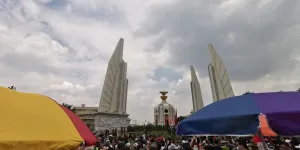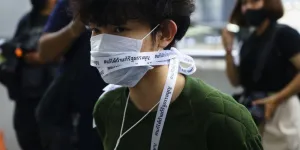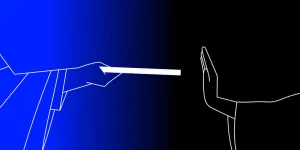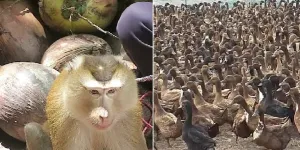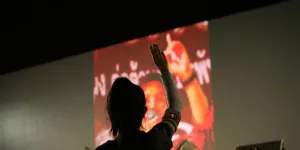<p>Photos collection of the anti-Rasi Salai dam movement in 1990s, these images were taken over the years by four local amateur Thai photographers and community members, Sanun Chusakul, Pairor Sujinprum, Juthathip Damrongtrairat and Pranee Makhanun. They document an important part of this community struggle, showing protests and activities of resistance, as well as ways of life that now no longer exist.</p>
By Anna Lawattanatrakul |
<p>Members of the indigenous Karen communities living near the Kaeng Krachan Forest Complex have raised concerns over unresolved community rights issues ahead of the Thai government’s 4th nomination of the forest for world heritage status in 2021.</p>
By Yiamyut Sutthichaya |
<p>A norm for some, a new challenge against taboos for others. Meet 3 dental students from Chulalongkorn University who joined the school students’ campaign calling for free choice of dress in a place where uniforms are obligatory for undergraduates.</p>
By Thidatep Piboon |
<p>Student-led pro-democracy protests have been going on for months. One of their tactics is to use royalist symbols, quotations and traditions as satirical weapons to challenge and criticize the government, tradition and society overall.</p>
By Supalak Ganjanakhundee |
<p>This article will explain the relationship between the monarchy and the armed forces in the modern reign in 2 parts: 1) royal government agencies which are directly under royal command; and 2) relations with the armed forces which the King has created through recently developed networks.</p>
By Thidatep Piboon |
<p>Interviews with protesters from both sides before the serial crackdowns and declaration of a severe state of emergency show that despite clashes and different ideologies, the supporters of both monarchism and democracy both shows signs of a desire for peace.</p>
By Bamaejuri Sohkhlet |
<p>As the government's attempts to curb dissent in the country increase, the spread of hate speech on social media has spiked. Limiting the spread of hate speech has proved to be difficult.</p>
By Thidatep Piboon and Bamaejuri Sokhlet |
<p>The tradition of attending graduation ceremonies is now being questioned and challenged. Students share their opinion on the process of preparing for the ceremony, especially during the pandemic, while a group of students has now turned rejecting the ceremony into an act of civil disobedience.</p>
By Bamaejuri Sokhlet |
<p>The long use of animals for labour and entertainment in Thailand finds itself at the crossroads as concerns over animal rights and welfare have become better known.</p>
By Yiamyut Sutthichaya |
<p>The annual commemoration of the 6 October 1976 massacre, one of the most brutal crackdowns in Thai history, has this year been the biggest and most widely acknowledged due to the rise of the mass democratic movement. Transitional justice and deep-rooted problems were brought up, national security and the monarchy included.</p>
By Yiamyut Sutthichaya |
<p>Protesters who stayed overnight in the occupation of Thammasat University and Sanam Luang on 19 September exchanged opinions with strangers as all prepared to sleep in the open.</p>
By Bamaejuri Sohkhlet |
<p>Foreigners attended the protest at Thammasat University to show their support for the people of Thailand and their fight for democracy. The use of social media has greatly contributed to the expansion of foreign participation in protests.</p>






